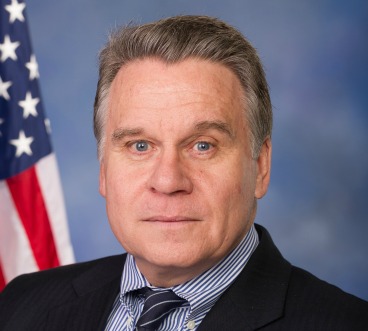Mr. Speaker, news reports from Bosnia and Kosovo earlier this month give reason to despair. First, in Bosnia-Herzegovina, about 30 people were injured and property was damaged during riots in the “Republika Srpska” cities of Trebinje on May 5 and Banja Luka on May 7. Islamic leaders, Bosnian officials and representatives of the international community were attacked during ceremonies to lay the first stones of mosques being rebuilt where mosques destroyed by Serb militants in 1993 once stood.
We remember well, hundreds of mosques were destroyed during the war as part of the genocidal campaign of ethnic cleansing. The apparent purpose was to erase the cultural vestiges of the Bosniac population which was terrorized and forced to flee. It was not uncommon for the local ethnic Serbs subsequently to deny a mosque had ever existed, once the rubble had been cleared away. The famous Ferhadija mosque in Banja Luka built in 1583 was blown to bits on May 7, 1993. The ceremony exactly eight years later was the culmination of persistent efforts, including the Helsinki Commission which I co-chair, to get Republika Srpska leaders to permit the reconstruction of destroyed mosques, which they finally did this year.
The riots last week demonstrate the continued intolerance in the region. Moreover, while Bosnian Serb officials have officially condemned the incidents, there are indications that both the Trebinje and Banja Luka events were orchestrated and perhaps linked. In Trebinje, the police force seemed simply to be not adequate. In Banja Luka, though, some believe that the police forces may have been involved in plans to disrupt the ceremonies. Radovan Karadzic, the wartime Bosnian Serb leader who has been indicted for genocide but remains at large, is alleged to have been responsible. Meanwhile, in Kosovo on May 6, local Albanians threw stones breaking windows and the doors of the Serbian Orthodox Church of St. Dimitrije in the village of Susica. Damage was done inside, and some cash offering was stolen. This was only the most recent in a wave of attack since the end of the conflict in Kosovo in 1999 in which about one hundred Orthodox churches have been damaged or destroyed. Many of these incidents have been documented by Serbian Orthodox Bishop Artemije in testimony before the Helsinki Commission.
Mr. Speaker, there are signs that in Kosovo, too, these attacks are not spontaneous acts of intolerance. Unfortunately, it seems that an environment has been created in which such acts of violence are not discouraged, let alone thwarted. Mr. Speaker, attacks on places of worship are reprehensible, no matter what the faith, no matter what the ethnicity of the worshipers. These sites are sacred to believers, and important as cultural symbols even to many who are not. Orchestrated or spontaneous, these attacks must be stopped. The international presence, including peacekeeping forces, local law enforcement, political leaders, and religious figures across faiths must be part of the solution, not the problem.
I was particularly disappointed with the response of Yugoslav President Vojislav Kostunica, who, while criticizing those who engaged in violence, sought to place some of the blame on those working to rebuild the mosques in Republika Srpska. He was quoted as saying that some churches and mosques should not be rebuilt because they might provoke such incidents. Blaming the victim, sadly, has become a norm in the minds of too many who could and should, instead, be champions of justice. In conclusion, Mr. Speaker, let us remember that freedom of thought, religion and belief is a fundamental human right, and attacks on religious sites are attacks on that right, attacks that must be wholeheartedly condemned and hopefully prevented from happening again.






